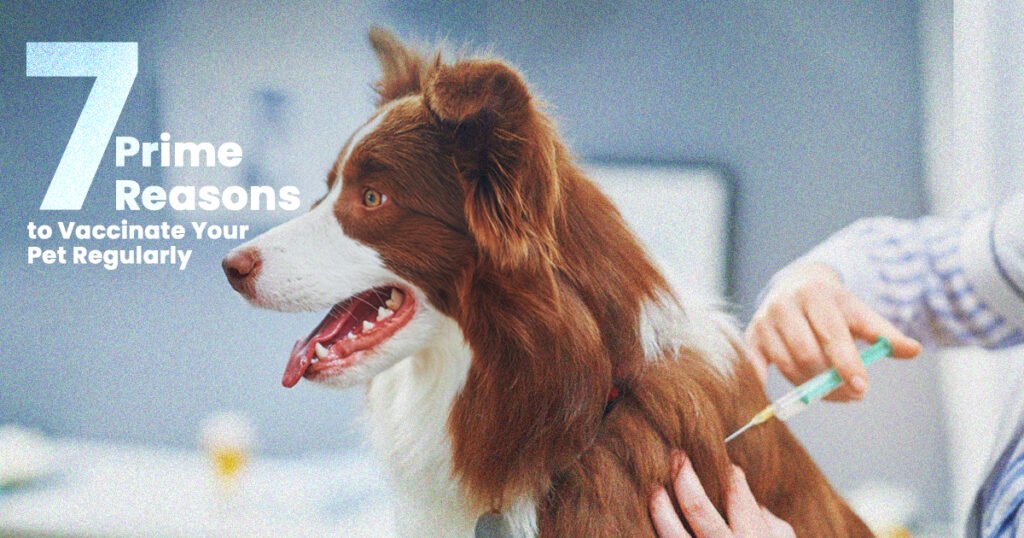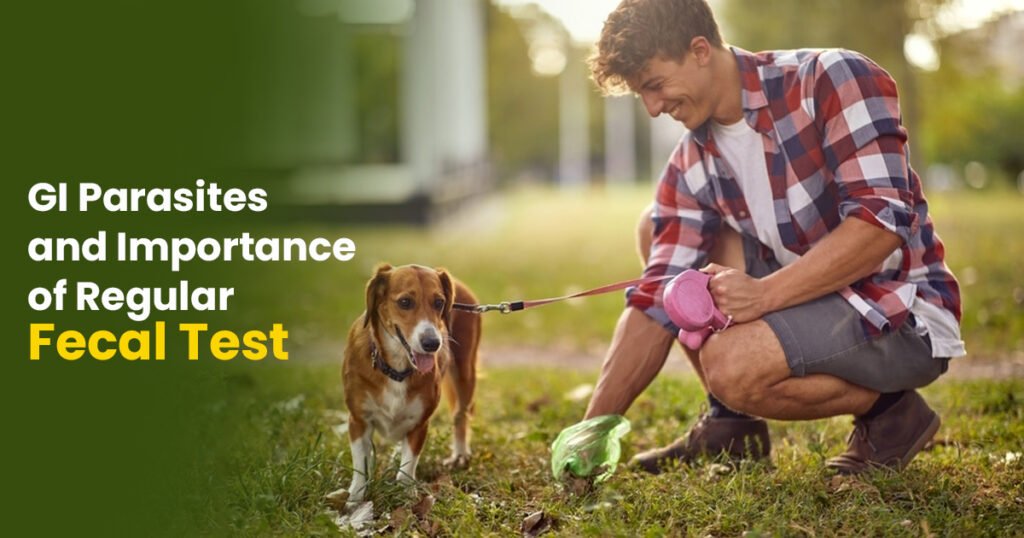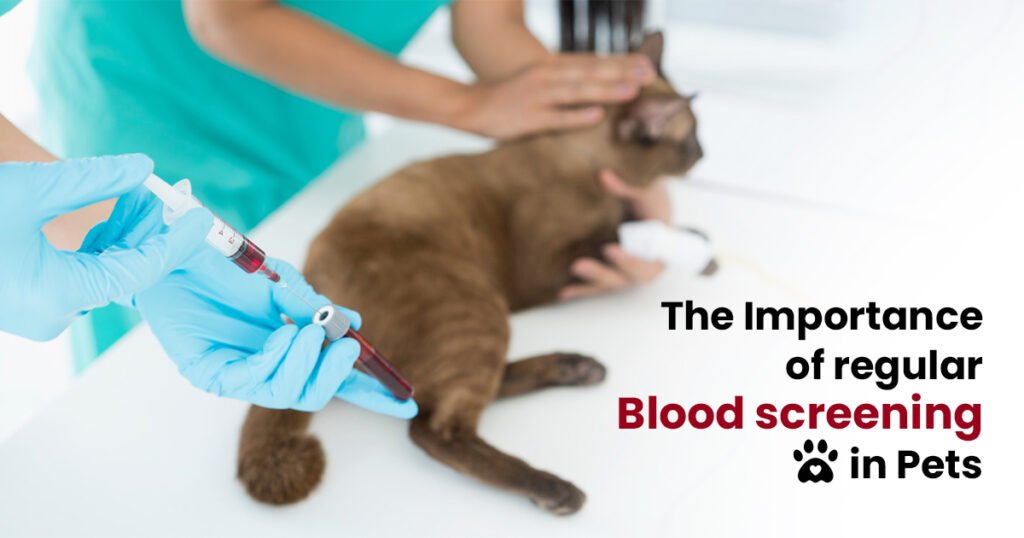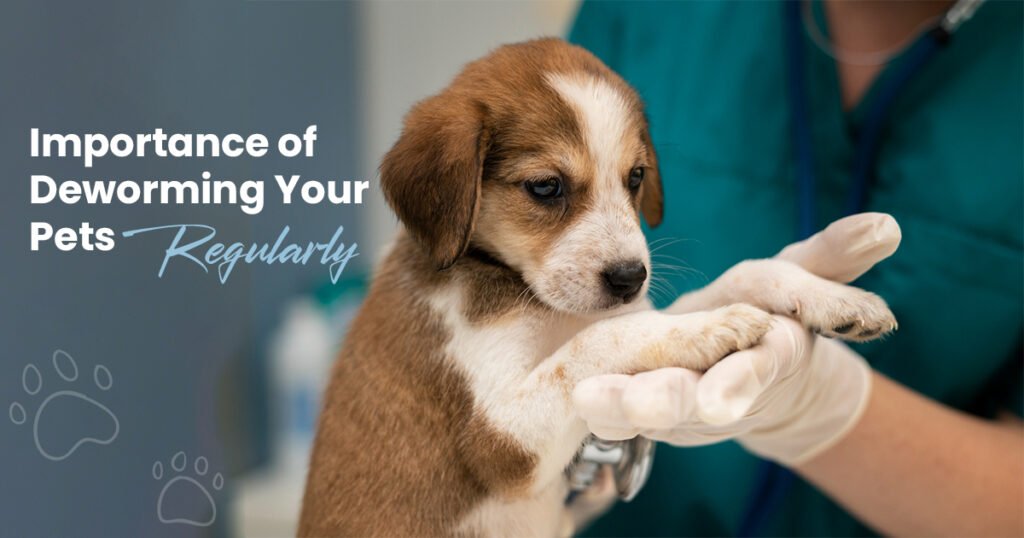
Animal Abuse
Animal Abuse Home Have you ever heard of the term “animal abuse”? Or just the word “abuse”? Have you ever wondered what those terms even mean? Well, today, this post will answer all these questions! The term “abuse” means, to hurt or torture. So, the word “animal abuse” means to hurt or torture an animal. Unfortunately, animal abuse does exist, and the places where these things happen would be at a zoo, circus, testing labs, and even in some homes! So, how exactly do people abuse animals? Well, there are many different ways and it’s either for research, but in most cases its for pleasure. An example is, before releasing a new product like soap, some sunscreens,and even acne cream, some labs test them on animals, mainly rabbits, and that could hurt their skin or make them sick. Another form of animal abuse is hurting or harming them. Some people force their pet to do tricks that they can’t or don’t want to do for various reasons. If its a bigger animal, they use a whip, which is a cord of leather fastened to a handle, which they beat the animal with so it can do tricks, which definitely hurts the animal 100 percent of the time. Some ringmasters use them when performing, and it doesn’t really entertain everyone. Fortunentally, there are LOTS of things that you can do to prevent animal abuse where you live! These things include… Check to see whether the products that you use are cruelty free. But how do you do that? Usually, at the back or side they would say “cruelty free” on the package. If the circus is in town, ask anyone who works there if there are any animals involved, just in case Be sure to care for your own pet! Getting them the right food, medicine, monthly checkups, those are all vital for your pet to stay healthy and well Teach your children to have respect for animals, not to hurt them, not to feed them things that might make them sick, e.t.c. If you don’t have a pet, foster one! Fostering rescue pets until they can get back on their feet (or at least to a shelter) fostering pets is a great way to know what you’re gonna need to care for an animal, and some people actually bond with animals, which helps them alot with some of their personal problems I hope this post has helped you understand the things that happen to certain animals, and helped you learn more about animal abuse. Thank you for reading! Fayrouz Elmofty, 10 yrs. Alexander’s P.S

7 Prime Reasons to Vaccinate Your Pet Regularly
7 Prime Reasons to Vaccinate Your Pet Regularly Home Vaccinating your pet is an essential, perhaps life-saving measure to guarantee their health and welfare. Even while vaccinations may appear commonplace or even inconsequential, they have a huge impact and have prevented innumerable illnesses in pets. Cornwall Animal Hospital brings to you 7 vital reasons on why must vaccinate your pet regularly. 1. Defence Against Lethal Illnesses Vaccines help protect your pet from dangerous, frequently fatal conditions like panleukopenia and leukemia in cats, parvovirus, and distemper in dogs. Vaccines offer efficient protection against these highly contagious and potentially fatal diseases, ensuring your pet remains healthy. 2. Strengthened Immune System Vaccinations prepare the immune system of your pet to fend against illnesses. Vaccinations enable your pet’s body to produce antibodies without disease risk by introducing a tiny, dormant virus. This prepares their immune system to react to the actual virus quickly and efficiently. 3. Improved Public Health Certain illnesses, such as leptospirosis and rabies, are zoonotic. This means they can transfer from animals to people. By preventing the spread of these illnesses, vaccinations safeguard the public as well as your pet. The high risk of rabies to the public’s health has led to legal requirements for rabies vaccination. 4. Longer Life for Your Pet Vaccines can prolong the healthy life of your pet by preventing diseases that could damage their immune system or cause long-term harm. Vaccinations are especially beneficial for puppies and kittens, as they guarantee a robust and healthy upbringing. 5. Cost-Effective Care Vaccinations for prevention are significantly less expensive than treating serious illnesses. Immunizations save the financial and emotional burden of losing a pet to preventable diseases. On the other hand, hospitalization and medical treatments for diseases like parvovirus or distemper can be costly. 6. Early Detection of Other Health Issues Veterinarians at Cornwall Animal Hospital can check your pet for early indications of various diseases. They can be examined for diabetes or arthritis during routine immunization consultations. Early detection of certain health problems can enhance your pet’s quality of life and treatment results. 7. Access to Social and Care Facilities Pets must be vaccinated to use the majority of boarding, training, and grooming facilities. Making sure your pet has had all necessary vaccinations permits them to engage in social interactions and receive treatment without limitations. One of the easiest, yet most effective, ways to guarantee your pet’s long-term health and happiness is to vaccinate them. To get your furry friend vaccinated today for their long life and happiness, connect with Cornwall Animal Hospital today.

GI Parasites and Importance of Regular Fecal Test
GI Parasites and Importance of Regular Fecal Test Home Exams of a pet’s stool conducted under a microscope are called “fecal” or “fecal exams.” Veterinarians can diagnose and treat a variety of internal parasites that would otherwise be challenging without the aid of these quick and simple tests. Dogs should get a fecal examination annually since they spend a lot of time outside, where they can come into contact with other dogs’ germs and parasites. What do fecals detect? A fecal examination during your pet’s routine exam can identify several intestinal parasites, such as hookworms and roundworms. Pets with intestinal parasites are agitated and uncomfortable, and they may develop more severe health problems. The gastrointestinal tract of your pet is home to intestinal parasites, which are unseen there. Your veterinarian can identify and treat intestinal parasites early with yearly fecal checks. Even if your pets should have yearly fecal examinations, there are certain signs of parasite infection in cats and dogs that you should watch out for at the same time: Diarrhea Gas Abdominal discomfort Nausea Vomiting Food avoidance Excessive hunger Blood in stool How might a fecal examination benefit my pet’s health? Certain intestinal parasites prevalent in dogs and cats can spread to humans. Fecal test results that reveal parasites early enable your veterinarian to treat patients immediately. The faster they are removed from your pet’s body, The less likely intestinal parasites may spread to you or your family. How do I prepare for my pet’s fecal? Make sure the feces sample is fresh before giving it to the veterinarian. This implies that you should pick up the sample and deliver it to the veterinarian within an hour. Many possible parasites will die off in the stool sample if they dry up or become dehydrated, which could conceal their presence How often does my pet need a fecal? Cornwall Animal Hospital advises testing cats and dogs for parasites on yearly basis. Fecal examinations may need to be performed more frequently in puppies and animals with digestive problems. It’s time that you schedule your visit with Cornwall Animal Hospital to maintain a better quality of life for your pet.

The Importance of regular Blood screening in Pets
The Importance of regular Blood screening in Pets Home At your pet’s health examination, your veterinarian might advise a blood test each year. For a pet parent to make a decision, it is important to comprehend the purpose of the blood test advised by your veterinarian and the data it yields, particularly before a procedure. Advising on a Blood Test Here are a few situations in which your vet could advise a blood test: Your initial appointment at the vet At the semi-annual wellness examination In cases your pet is exhibiting strange behaviour Prior to anaesthesia (surgical procedure) Prior to beginning a new prescription At a senior wellness assessment The Pre-anaesthetic Blood Test Blood tests help identify any underlying medical issues that may affect how well the procedure goes. After learning this information, the surgery can be carried out with extra safety measures in place, such as monitoring your pet for any concerning symptoms or signs. The status of the liver, kidneys, heart, and any underlying inflammation or infection can be noticed in a pre-surgical blood test. Such conditions are affected by medications used during the process of anaesthesia. Obtaining a better scope through blood tests enables vets to make better recommendations on treatment and/or surgical plans. Reasons for a Blood Test Your pet may be experiencing health issues without you even realizing it; if only they could communicate with us! It always favours the patient, if medical disorders were detected early. Many conditions related to different systems in animals take longer to show obvious symptoms. Routine blood tests would help your vet notice any abnormalities and start tackling the issue before a chronic health condition develops. Blood tests are essential, as: Pet’s health tends to deteriorate with age (much as in humans). Dogs age more quickly than people. This implies that finding any underlying health issues through yearly blood testing is crucial now more than ever. The kidney, liver, and haemoglobin in your pet must be in optimal working order, particularly during surgery or under the effect of anaesthesia. Comparable to the significance of blood testing for humans, the data about your pet’s health is priceless. Since our pets are unable to communicate with us, blood testing can be used to discover illnesses that may be causing them pain. Repeating blood work can provide us with a comparison and may be essential in determining any issues if your pet becomes ill again in a few months, or to get a better evaluation on how the treatment plan is helping your pet’s health condition. By doing this, you can ensure your pet is in the best possible health. Above all, the tests provide essential information and reassure you that your pet is healthy and won’t have any unpleasant surprises.

Importance of Deworming Your Pets Regularly
Importance of Deworming Your Pets Regularly Home Parasitic infestations can lead to persistent digestive problems in both humans and animals. For this reason, routine deworming is essential to maintaining your pet’s health. It also helps prevent illnesses and developmental setbacks for puppies and kittens. To protect your pet, yourself, your family, and other pets from parasites and parasitic diseases, discuss a regular deworming schedule with your vet according to your pet’s needs. These are some essential details regarding deworming your pet. How do I know if my pet has worms? Many different types of worms can invade your pet like tapeworms, hookworms, roundworms, and more. These internal parasites can cause a lot of health-related issues including diarrhoea (sometimes bloody); vomiting and lethargy are the general signs the dog or cat has worms. Other symptoms include rapid weight loss, appetite deviation, dull coat, excessive scooting, discomfort, and more. When is the right time to begin deworming your pet? Typically, parasites are handed on from the mother to newborn puppies and kittens. Deworming your puppy or kitten should therefore begin at two weeks of age and continue every two weeks until they are three months old. It should be done under the supervision of a veterinarian. Based on their health and exposure to contaminated settings, you can then begin deworming them less regularly. Please remember to discuss this with your veterinarian. How frequently does your pet need to be dewormed? Even if your pet shows no symptoms, it’s still advisable to deworm them regularly as a prophylactic step. Deworming should be done four times a year, or every three months, for dogs and cats older than six months. How is a pet dewormed? The deworming procedure is really simple. A veterinarian may recommend an oral, topical, or injectable dewormer, which kills both adult worms and larvae, based on your pet’s age and health. In certain cases, they may advise starting an oral or topical medication to stop illnesses from happening again, particularly if fleas are present in your pet’s surroundings. Get rid of foreign parasites Deworming your pet is as vital as getting rid of fleas and ticks, as both issues and infestations go hand in hand. When contaminated flea/tick eggs are ingested, cats and dogs can get worms. Furthermore, several health problems are brought on by these external parasites, some of which are even lethal. In conclusion, regularly prophylactic measures of tick and flea infestation prevention is as important as deworming your pet. This can be accomplished using recommended oral medication, anti-tick-and-flea shampoo, or other methods. To find out the best possible remedies, please feel free to book your appointment today at Cornwall Animal Hospital.
